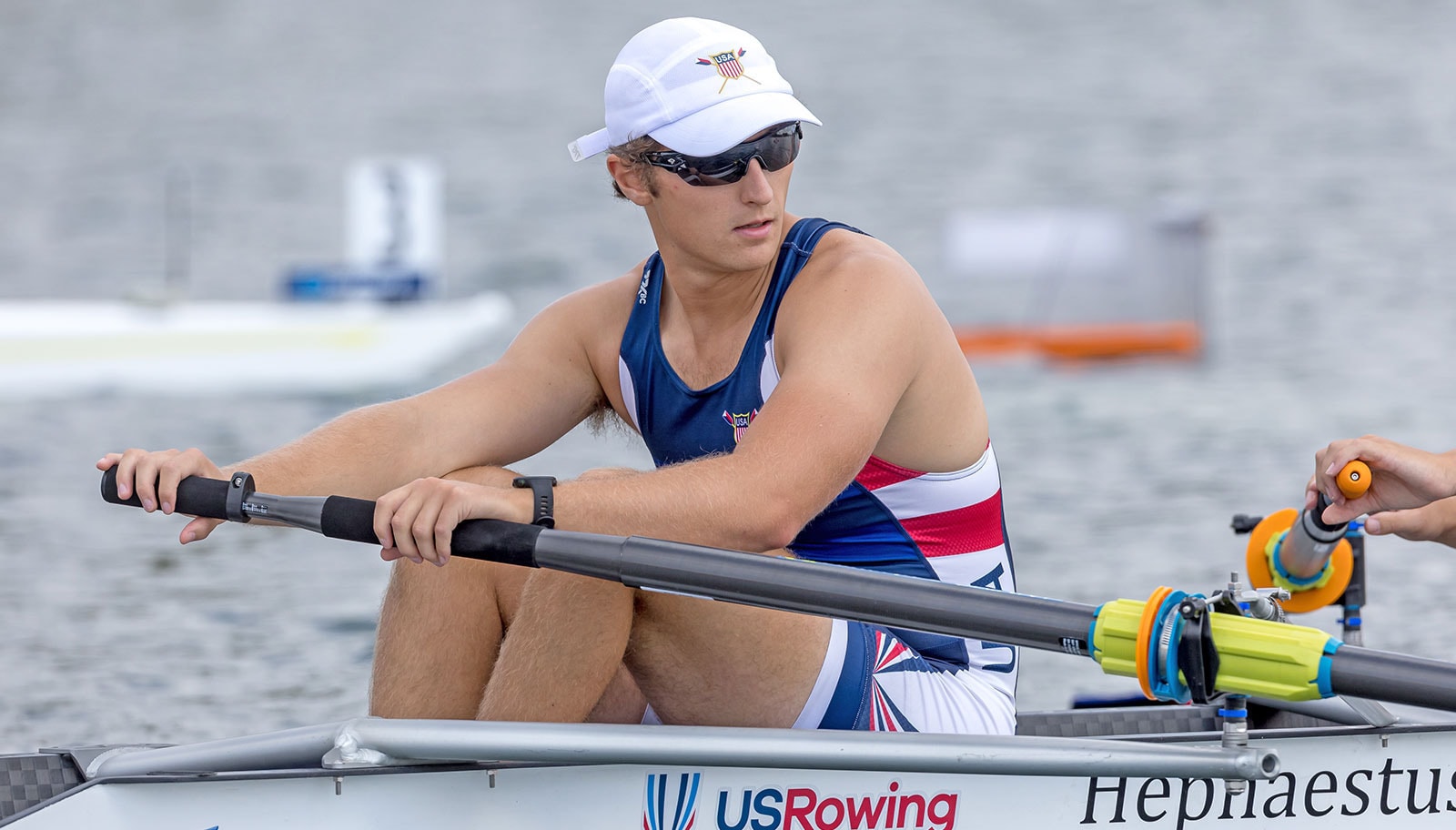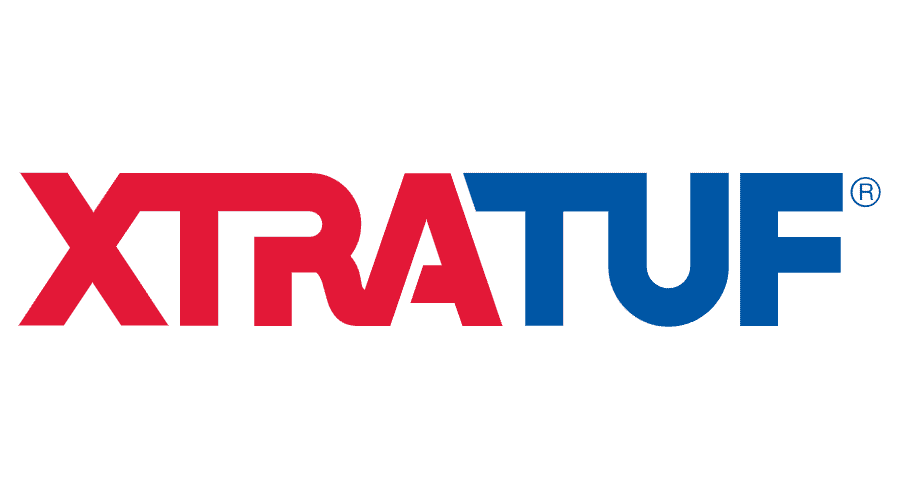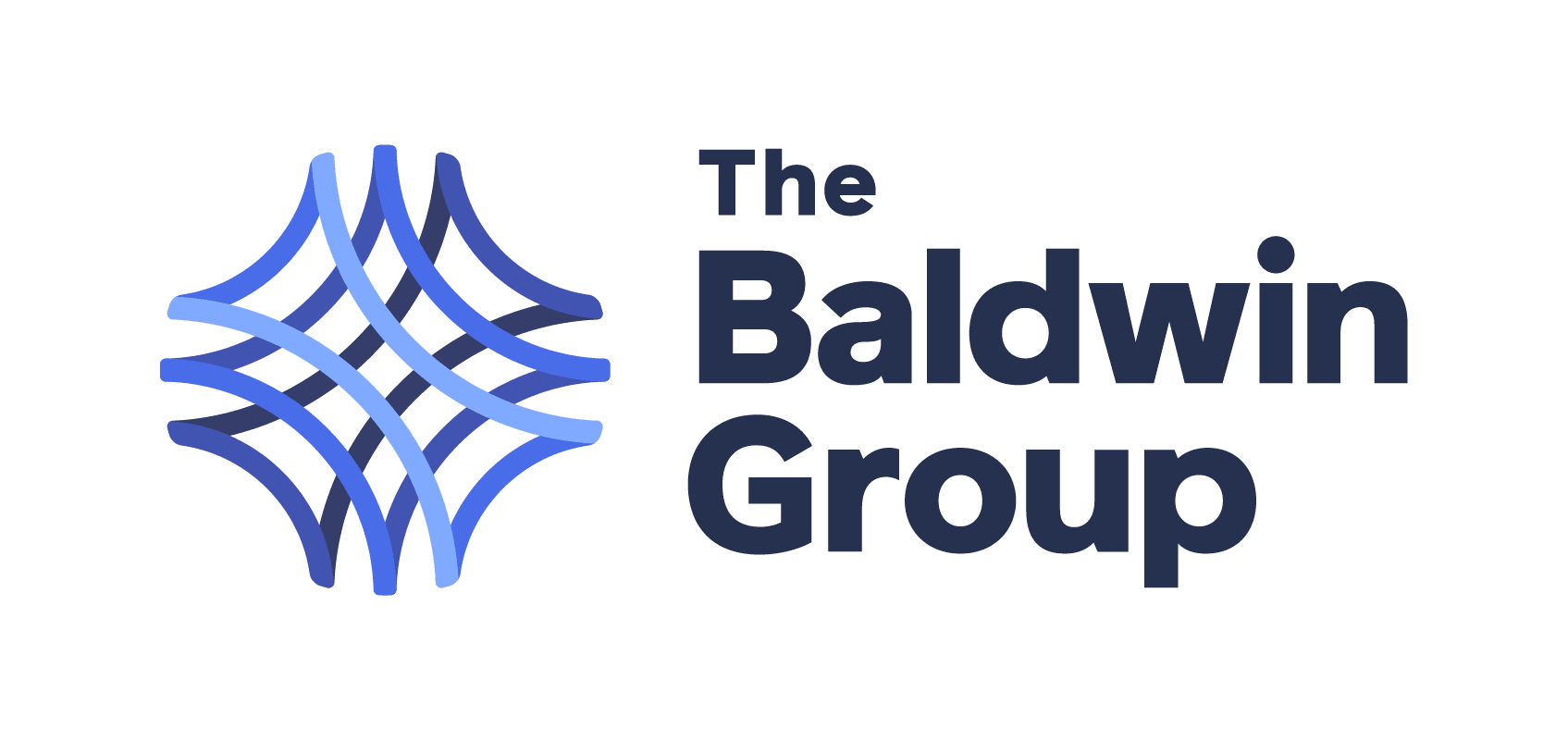
Apr 17, 2024
Meet Ben Washburne, Paris 2024 Paralympian
Tell us a little about yourself.
I currently live in Cambridge, Mass. and love to row. I grew up in Madison, Conn., then went to Williams College. I graduated last June, studied physics and economics, was on the crew team. In addition to training full-time, I work at a utility scale green energy company on their strategy team, which is a job I really love. I am on the Para team because I was born with a severe left club foot, requiring me to have over a dozen surgeries as a child and leaving my left leg weakened and my ankle nearly immobile.
How did you learn about Para rowing, and what was your Para certification like?
I heard about it during my junior year at Williams, in a meeting with my coach, after I returned from studying abroad in London. He received an email from Ellen Minzner, USRowing Director of Para High Performance, asking coaches to be on the lookout for anyone who may qualify. We had only talked about my leg in passing before, but he knew and asked if I wanted to be connected to her. I was curious if I even qualified. I reached out, and I did. The rest is history.
Para certification is a fairly bureaucratic process. I needed to get my doctor to fill out a form attesting to my medical history and to add additional documents. With that, I had domestic qualification, then at the 2023 World Championships, I had an international qualification. They lead you through movements and take measurements, and it is quite odd that it is perhaps the only time in my life where you are incentivized to be more, rather than less, disabled.
Are there any technique or boat adjustments you need to make for your impairment?
For most of my rowing career, I just rowed with everyone else, rarely, if at all, mentioning my disability. I did not ask for any special treatment nor seek out boat adjustments, and I probably suffered for it. I rowed with everyone else's settings. My mentality was to try to follow whatever coaching I could to the best of my ability. It has been nice on the Para team, since we think deeply about the best way to set my feet for the most effectiveness.
What was your Para national team journey like?
I went to a development camp in January of my senior year at Williams. After graduating, I went to the 2023 selection camp. I was lucky enough to make that team and have been training with the squad ever since. The highlight, thus far, has been getting silver at the 2023 World championships. After that, I rowed a lot in a single on the Charles River in the fall, before making the team at the Paralympic selection camp in January.
You raced in the PR3 mixed four with coxswain at Worlds in 2023. How did you handle the pressure of that event?
A coach once told me that you earn your medals at practice and just pick them up on race day. I hold onto that mentality to keep the pressure at bay, and that is how I approached the racing in Serbia. I had confidence in my teammates and our preparation. We just went for it and had an awesome result.
What was your favorite race and what made it so special?
I am going to have to say the finals at Worlds last year. I think we achieved the closest to group peak speed I have ever had in a boat, which is what you are going for day in and day out. In the heats, we lost to Great Britain by six seconds, but we were able to close that gap by half in the final. The race unfolded in a super cool way, too, where all six boats were even at 500 meters in, then Great Britain and my four slowly started walking away from one boat after another.
What helps motivate you?
The answer to this question has changed over my rowing career. In the early days, I think I had a bit of a chip on my shoulder and clung to having a halfway decent knack for the sport, something rare in my childhood. As I started racing more in school, I just loved winning and hated losing. I think part of it goes back to knowing that I had to work harder to win, and that is a cool feeling.
Now, I have a much more internal view. I am just trying to become the fastest version of myself, with hopes of supporting the squad and achieving a goal bigger than myself.
How has being a Para rower made you a better rower?
Being a Para rower has 100% made me a better rower. Rowing is a gritty sport that often pushes you to do things you did not think your body could do, usually in non-optimal situations. Facing and overcoming the physical limitations from my club foot required me to push myself mentally and physically for years. I gained so much mental strength from dealing with my disability, which is an invaluable resource during training and racing.
What are you most looking forward to at the 2024 Paris Paralympic Games?
So many things. I am really looking forward to the competition itself; I have high hopes and want to represent Team USA as best we can. All of the fanfare will be unforgettable. I also think it will be super cool to meet other members of the Para community, and I hope to make many new friends.
What advice would you give an athlete interested in Para rowing?
Try it! A lot of people have preconceived notions about rowing, but it is a great sport with a great community. I actually think rowing lends itself well to Para athletes because of all the rigging changes that can be done to the boat equipment to tailor to individual athletes.























